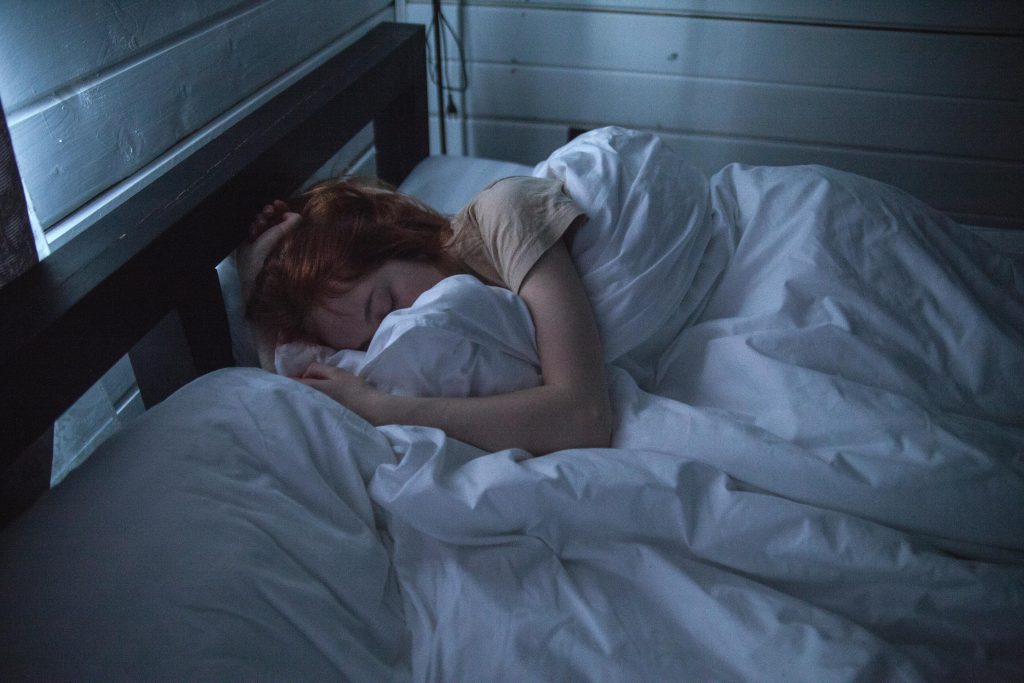
Hoarding is defined by the American Psychiatric Association as a mental health condition where “people with hoarding disorder have persistent difficulty getting rid of or parting with possessions due to a perceived need to save the items. Attempts to part with possessions create considerable distress and lead to decisions to save them. The resulting clutter disrupts the ability to use living spaces.” According to the National Institute of Mental Health, the prevalence of hoarding disorder in adults is estimated to be around 2%-6%. Hoarding is different from collecting, which is usually more organized. While both usually have emotional ties, hoarding is more haphazard and impacts an individual’s ability to live comfortably in their home in most cases.
Hoarding is not an isolated issue. The disorder comes with emotional, financial, and even legal hardship. Here we’ll break down the many costs of hoarding.
The Emotional Toll of Hoarding Disorder
Each item for hoarders holds emotional value and individuals with the disorder have a hard time parting with items, which can get worse over time. Usually, the disorder is accompanied by guilt, anxiety, and shame. Most hoarders hold on to the nostalgia of the past as well as grief or fear of loss. Many are left clinging to the past instead of creating new memories in the present day.
Often, hoarding puts a strain on relationships as hoarders tend to isolate themselves and not want others to see their home. This usually makes the situation worse and intervention is needed. If unable to care for themselves, family members may need to step in and seek guardianship to manage the hoarder’s affairs.
Financial Toll of Hoarding
Hoarding doesn’t just impact living spaces and relationships, it can also take a financial toll. Individuals may have a hard time with impulse control and may feel the need to continuously buy more stuff. Shopping is now easier than ever with one-click buying possible on sites like Amazon, which may be a huge temptation for hoarders.
Additionally, hoarding may decrease the value of an individual’s home due to a lack of upkeep. This can especially put a strain on heirs when it becomes time to sell a loved one’s home. If an individual rents, hoarding may also lead to eviction. While hoarding is a disability and protected, if hoarding poses a direct threat to the property or to others, it may warrant eviction. Hazards include issues such as fire hazards, pest infestations, or blocked emergency exits. Landlords are required to provide accommodations, but they may take legal action if unresolved.
Hoarding disorder brings a host of emotional, legal, and financial challenges for hoarders and their loved ones. Often, the only solution is to hire a professional cleanup service and seek support from national and local resources, including support groups.
How has hoarding disorder impacted your life? Let us know your thoughts in the comments.
Read More
The Hustle Is Real: What No One Tells You About Working a Second Job to Get Out of Debt



